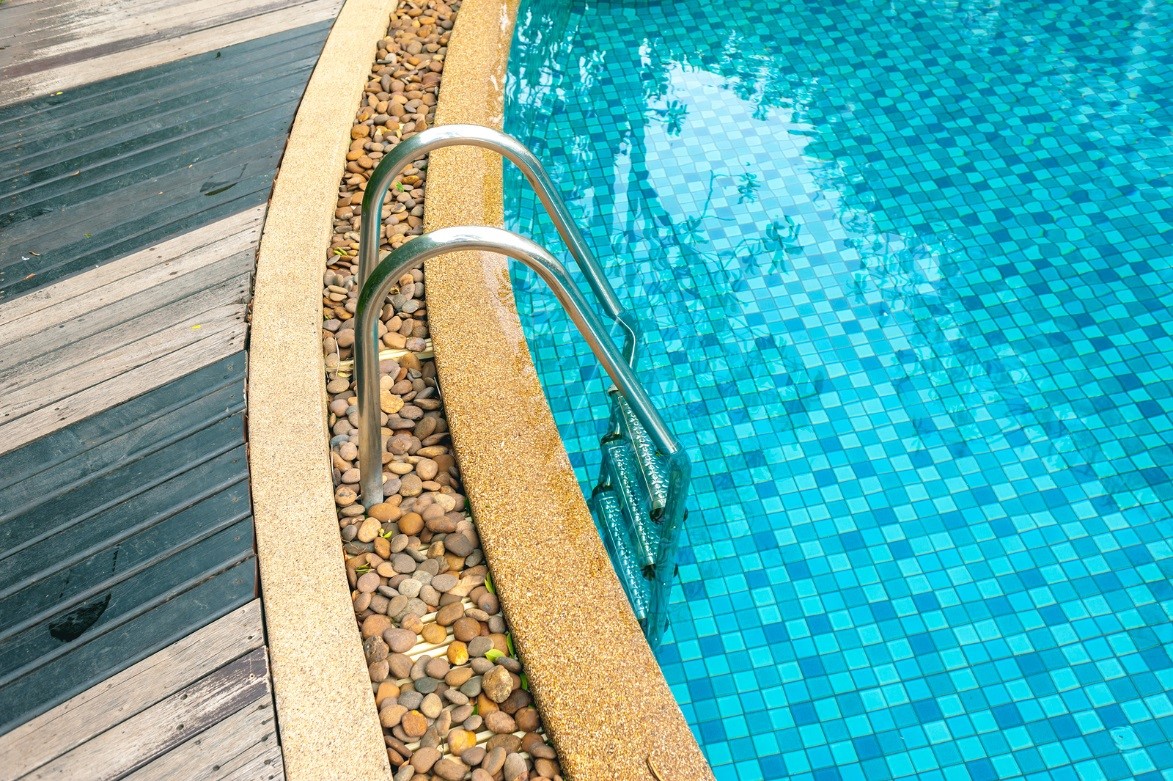Swimming pool maintenance goes beyond the weekly clearing of fallen leaves and letting the filter do its work. One often overlooked aspect is making sure that the pool water chemistry is retained ideal at levels. Proper treatment of the chemicals ensures not only your enjoyment and pristine looking waters but the prevention of potential recurring problems as the years go by. Trusted Orange County pool builders give the following tips.
Proper Operation and Cleaning
Proper operation of the pool and its components goes a long way in terms of maintenance. For instance, filtration or the mechanical cleaning of pool water is essential since no amount of chemical treatment can keep the pool clear. The filter should run at least 8 to 10 hours a day for best results. There are several types of filters in the market today, most common of these are cartridge, sand and diatomaceous earth. Ask your pool builder in Orange County which suits your needs best and which can give you the best circulation and turnover rates.

Of course, the filters alone will not be enough. Filters can’t really clear up dirt that have accumulated on the pool floor and stuck on the walls. Manual cleaning will still need to be done with the use of vacuums on an as needed basis.
Keeping Chemical Levels Constant
Swimming pool water quality are dependent of five chemical factors: pH level, alkalinity, calcium hardness, stain producing minerals and total dissolved solids. These all have to be kept at their respective ideal levels constantly. The first three of these factors determine the water’s overall balance or its tendency to be corrosive especially to pool walls and equipment. It’s wise to monitor these levels as a part of a weekly pool maintenance routine using test kits and adjust them as needed. Ideal levels for these chemical factors are as follows: pH – 7.2-7.8; total alkalinity – 80-10 ppm; calcium hardness – 100-400 ppm; stain producing minerals – absent; total dissolved solids – 250-1500 ppm.
Homeowners should also not forget chlorine levels as this is what kills algae and bacteria in the pool. Chlorine should be added to the pool daily, and it is best done through the use of a chlorine floater with slow dissolving chlorine tabs. Consulting a test kit, the level should be between 2.0 and 3.0. And, with the hot weather, remember that higher readings are better.
Sources:
E-Z Pool Water Chemistry, PoolsAndSpa.com
Swimming Pool Water Chemistry: The Care and Treatment of Swimming Pool Water, The Association of Pool & Spa Professionals
